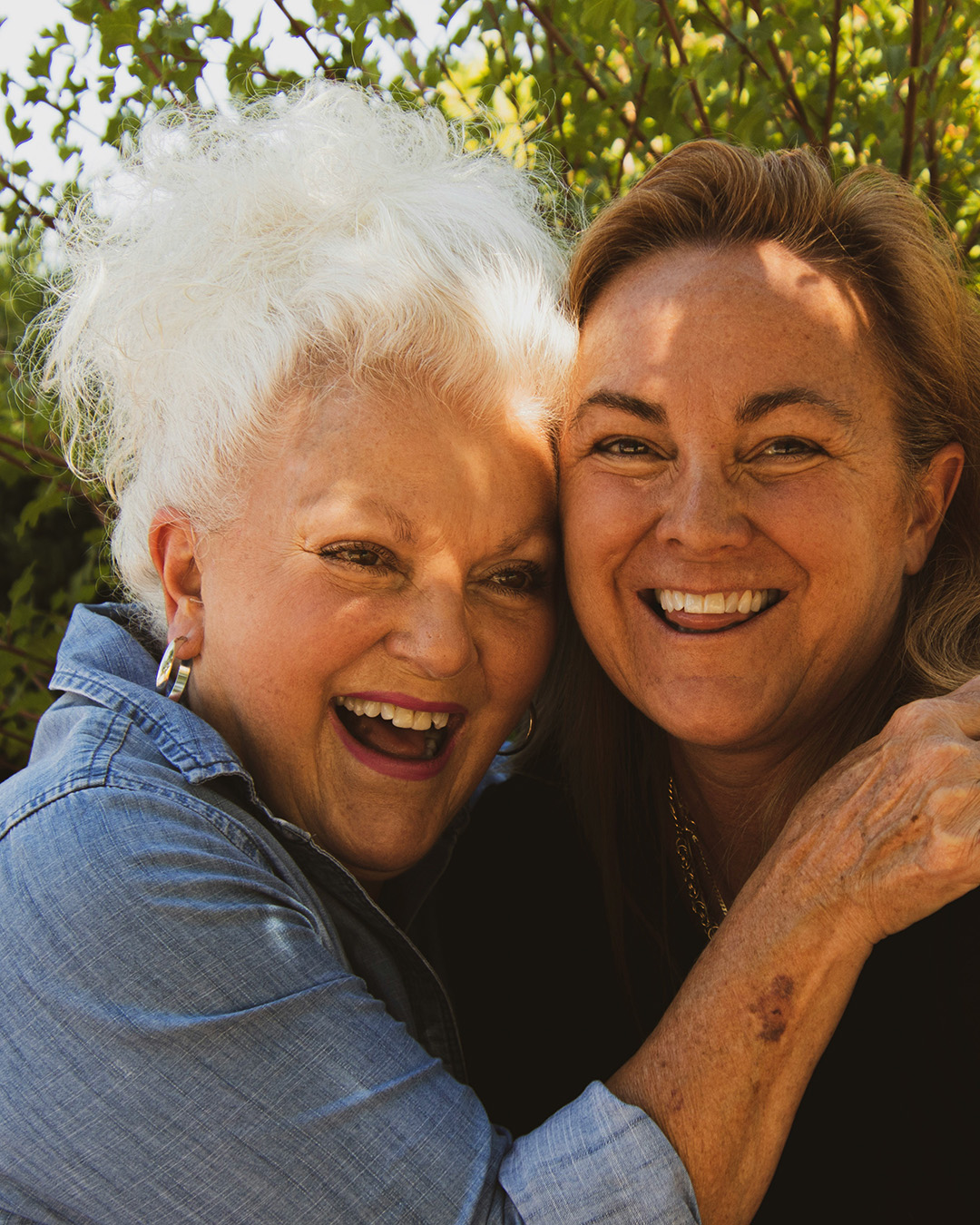For over two decades, hormone therapy has been boxed into a narrow window: start it within 10 years of menopause or before age 60—or don’t start at all. But what if that rigid rule has been excluding millions of women who could still benefit?
A new viewpoint published in The Lancet by renowned menopause expert Professor Susan Davis and Sasha Taylor calls for a bold—but evidence-based—rethink: it’s time to retire the arbitrary cutoffs.
Where Did the Age Limit Come From?
It all goes back to the Women’s Health Initiative (WHI), which shook the world (and the confidence of women and clinicians) in 2002. The initial interpretation of that trial suggested hormone therapy (HT) increased risks for breast cancer and cardiovascular disease. What got lost in translation? The average age of participants was 63—well beyond the typical age when women seek treatment for symptoms.
That study led to the now-famous “under 60 or within 10 years of menopause” recommendation for initiating HT—a guideline that, while cautious, has had unintended consequences.
The Problem: Women Over 60 Still Have Symptoms
Hot flashes don’t stop because your driver’s license says 61. In fact:
- 42% of women aged 60–65 still experience hot flashes
- 6.5% report symptoms that are moderate to severe
- Symptoms often persist well into the late 60s and even 70s, especially for women of color
And yet, many of these women are denied hormone therapy—not based on their individual risk—but based solely on their age.
What the New Evidence Tells Us
The authors dig deep into WHI’s long-term follow-up data and recent systematic reviews, concluding:
- Cardiovascular risk does not significantly increase when HT is started after age 60—unless it’s initiated more than 20 years post-menopause.
- Stroke and blood clot risks with oral estrogen do increase with age, but not alarmingly so—and are lower with transdermal estrogen.
- No increase in all-cause mortality, cardiovascular mortality, or dementia-related death was seen in older women on HT.
- Estrogen alone may even reduce dementia risk in women over 70.
A New, Safer Approach
Modern menopause care means more options and more individualized care. Transdermal estradiol, micronized progesterone, and low-dose regimens make it easier to tailor therapy with fewer risks.
For women over 60 who still suffer from symptoms—or need bone protection but can’t tolerate bisphosphonates—HT may still be a viable, safe, and effective option. It just requires a careful, individualized assessment of benefits and risks.
The Bottom Line
The 10-year rule served its purpose. But it’s time for an upgrade.
Women don’t stop needing symptom relief, bone protection, or quality of life just because they crossed a birthday. With modern data and safer options, age shouldn’t be a hard stop—it should be part of the discussion.

Dr. Aoife O’Sullivan is a family physician, board certified by the American Board of Family Physicians and a menopause specialist, certified by the North American Menopause Society, dedicated to empowering women through their midlife health journeys. She is the founder of Portland Menopause Doc, co-founder of the Portland Menopause Collective, podcaster on The Dusty Muffins, and an expert speaker, frequent podcast guest and active contributor to midlife women’s health research.
Learn more










